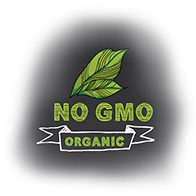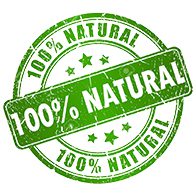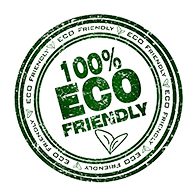
Introduction to Organic Tomato Fertilizers
Compared with other vegetables, tomatoes are more popular and are most families’ choice because they’re juicy and delicious. Now we’d like to introduce the organic tomato fertilizer, which is specially formulated to feed the tomato plants. Organic tomato fertilizer is derived from natural materials such as plants, animals, and minerals. Unlike synthetic fertilizers, organic tomato fertilizer is more friendly to the soil, can help change the soil structure, and feeds beneficial bacteria, creating a sustainable environment for tomato plants.
The Right Fertilizer for Tomatoes
People who have ever planted tomatoes know that tomatoes do not only need the basic fertilizers; they also need many other nutrients at different growth periods. They need nitrogen for leafy growth, phosphorus is good for their roots and flowers, and their tasty juice benefits from potassium. Furthermore, other micronutrients are essential, such as calcium and magnesium.
Tomato Problems without Fertilizers
Just like humans cannot survive without food, plants also cannot thrive without fertilizers. We can tell the problems from plants’ performance. Please check below:
- Yellowing leaves indicate nitrogen deficiency
- Blossom end rot indicates a calcium deficiency
- etc.
Organic vs. Synthetic Fertilizers Chart
| Feature | Organic | Synthetic |
|---|---|---|
| Source | Natural (compost, manure, etc.) | Man-made chemicals |
| Release Time | Slow | Fast |
| Soil Health | Imporves over time | Can degrade it |
| Risk of Burn | Low | High |
| Eco-friendliness | Very | Not so much |
Types of Organic Tomato Fertilizers
Compost
Compost is usually used in rural areas, especially in some remote countryside. This kind of fertilizer has the features of low cost and no pollution and is full of nutrients and beneficial microbes.
Manure
In the countryside, manure is abundant from cows, horses, and chickens. They are rich in nitrogen and phosphorus. Just make sure it’s well-composted, because new manure can be excessively “hot” and hurt your plants.
Fish Emulsion
Fish emulsion is a kind of liquid fertilizer; it smells a little fishy and is full of nutrients that plants can easily absorb.
Seaweed Extract
Tomatoes can get much potassium and vitamins from seaweed. Seaweed extract also contains hormones that promote plant growth. Kind of like a multivitamin!
Bone Meal & Blood Meal
- Bone meal can provide phosphorus for roots and flowers.
- Blood meal can offer nitrogen for lush foliage.
How to use the correct NPK ratios for tomatoes?
Different tomato growth stages will need different NPK ratios. When seeding & transplanting, we can use 10-10-10, using 20-10-10 or 40-10-10 when vegetative growth, then using 5-10-10, 4-6-8, 10-10-40, or 0-5-65 when reproductive growth.















